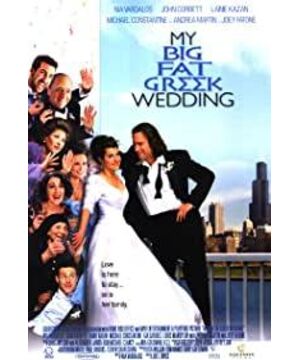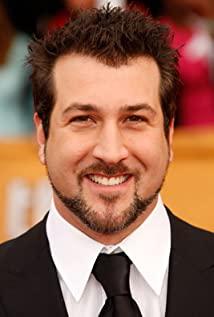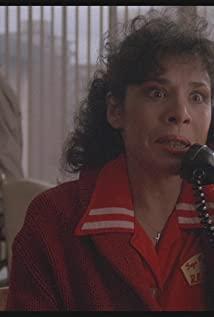Although prince charming in the movie was born in a relatively open and independent western family, he also showed infinite tolerance to the big Greek family similar to the traditional Chinese family model, just because the heroine loves them. I must have felt the love of my parents in my family (although not enthusiastic), so I also give love to those whom my lover loves. We, who were born in a Chinese family, will inevitably suffer all kinds of inherent shocks and injuries brought by the family of origin because of this lifestyle in which personal space is replaced by miserliness. It may be difficult for our own family to face in the future. What exactly is the difference between the two? Or does the film deal with American optimism? At the beginning, the heroine actively thinks about the future for family dependence and personal inaction. It seems that she seeks independence from her family, but her final job is still in the travel agency of her aunt's house, and she also encounters Prince Charming here.
The difference is the mother's support for her daughter's freedom in the family. When my daughter proposed to study, the father bluntly said that "girls study is useless" and so on, but the mother only said: My daughter wants to study! Thinking about her daughter's future by herself, perhaps because she has regrets, as a mother in a big family, she doesn't have much freedom to speak of. When I was young, I started this role when I went to the American continent with my lover to work hard. Even if there were more ideas later, it was impossible to talk about it because the years passed. So the mother supports her daughter's idea and pushes her to "be brave and do it". In the end, the daughter is free in love, which can be considered to complete the mother's regret to a certain extent. [The mother in the second part of the same series even almost regretted her marriage with her father at the remarriage wedding. It can be seen that there is indeed regret in this]
In Chinese families, parents born in the 1970s and 1980s must hope that their children will rely on themselves and then give back to their parents, which is also support, but it is even more unavoidable to avoid the constraints in order to achieve the existence value of the "big family" system. The mother's thinking is very different.
It is "obedience", it is "dependence", and it is also "unexploitable", but it is not "freedom", but a deeper "fetter".
Of course, the act of donating a house to the children at the wedding still shows the unbreakable karma in traditional families. And the new house is right next door to the parents, which once again adds a rather ironic meaning to the heroine's "independence". Looking back at such a comedy describing the traditional family model in the 2020s made me think more about the contradictions contained in the traditional Chinese family, and how my own family model will develop in the future.
Before everything happens, I just want to keep my original aspirations so that the children I have born can live freely.
View more about My Big Fat Greek Wedding reviews











